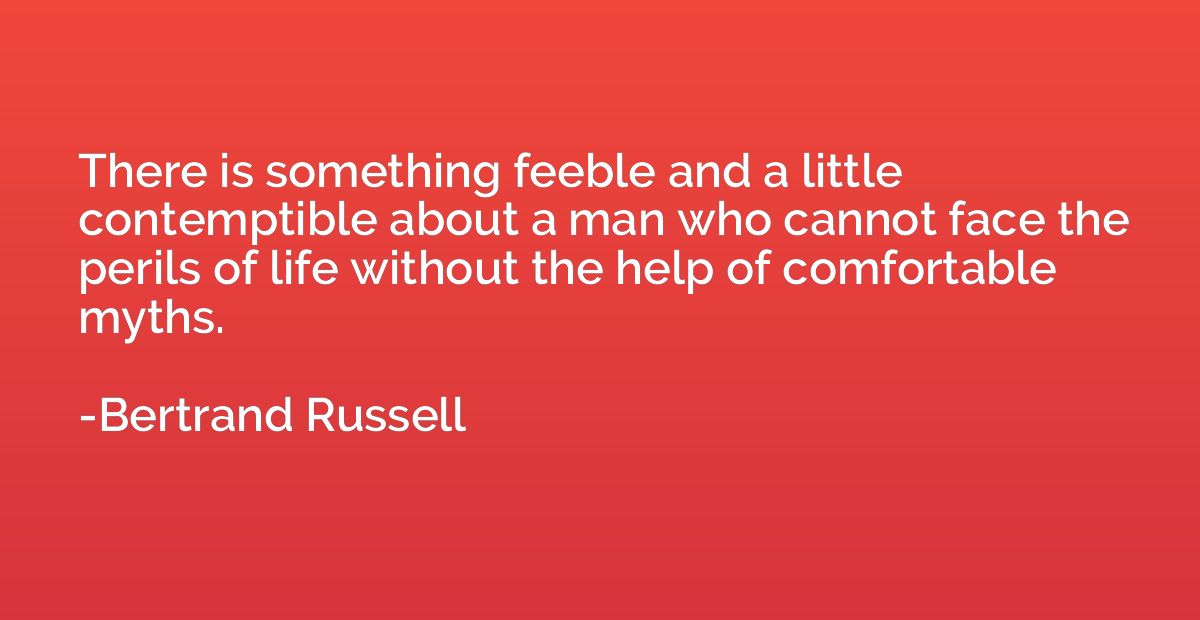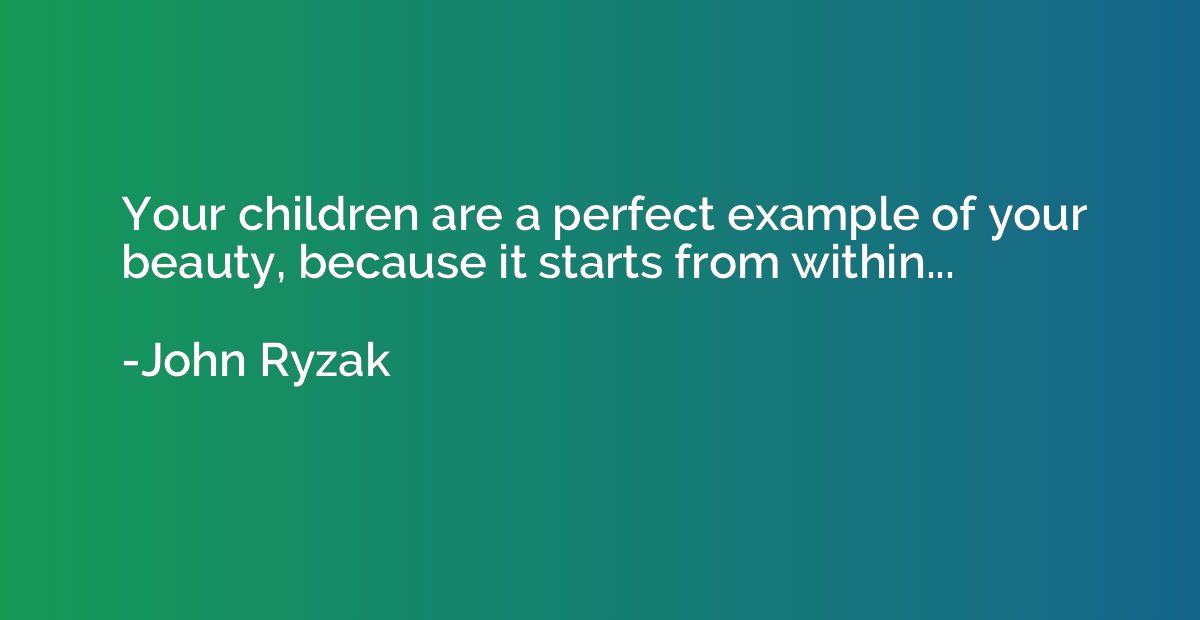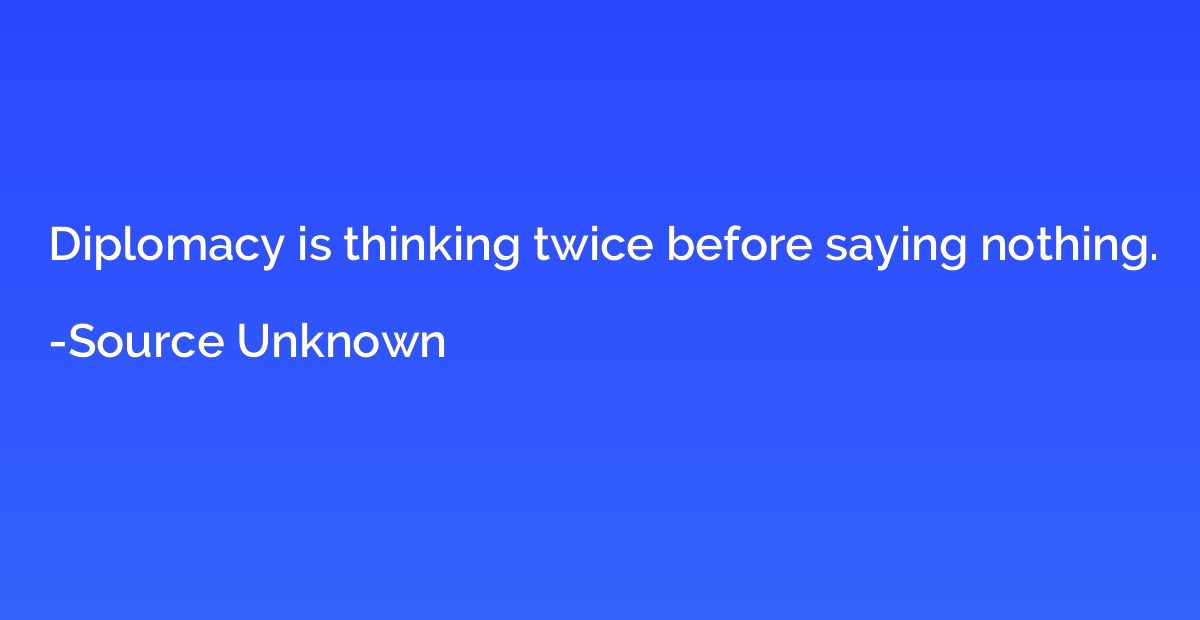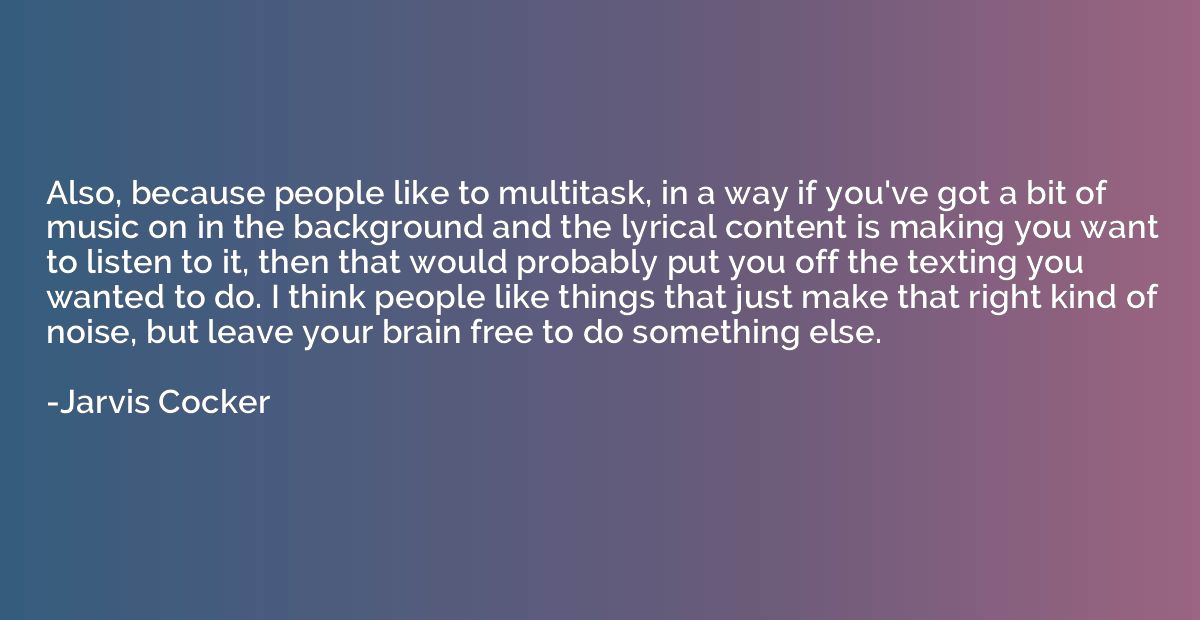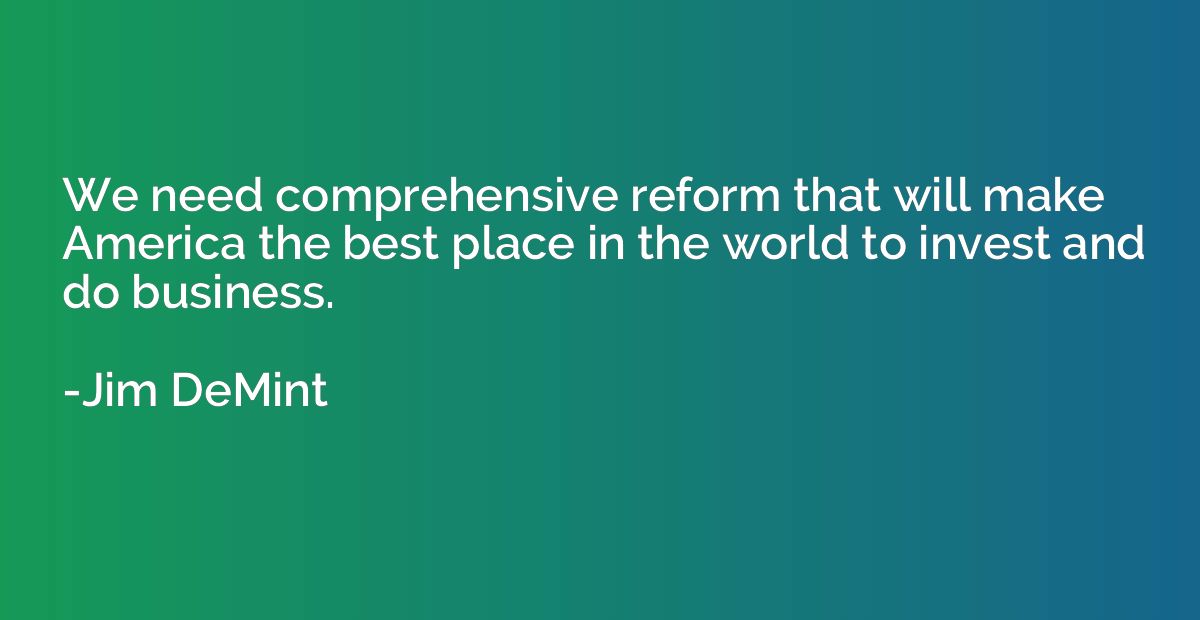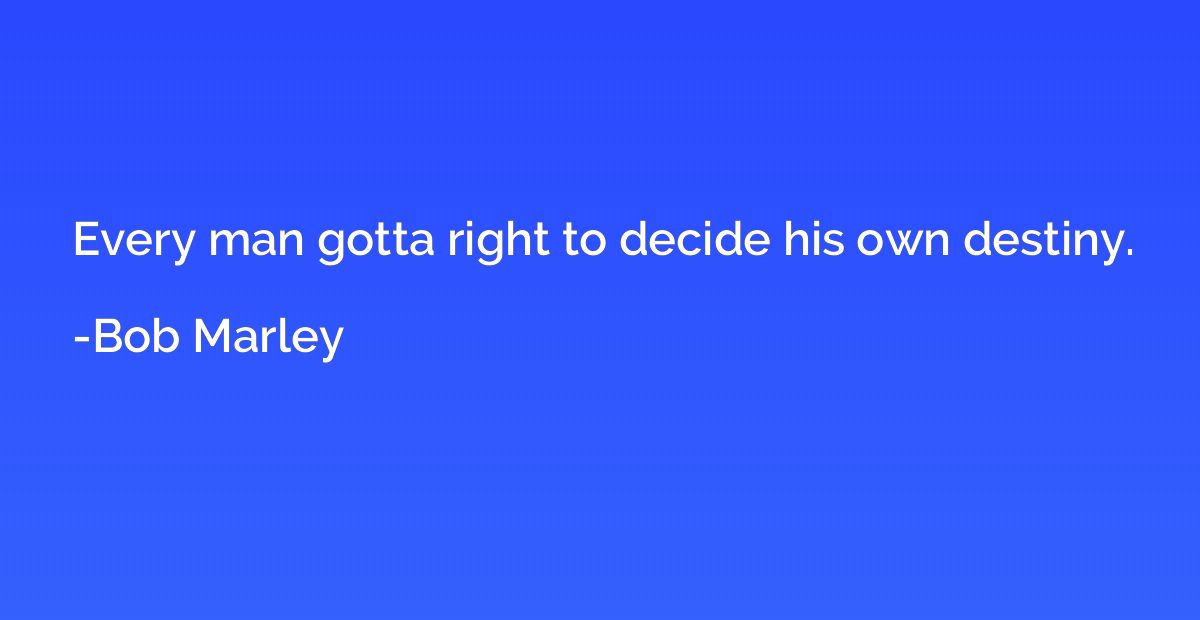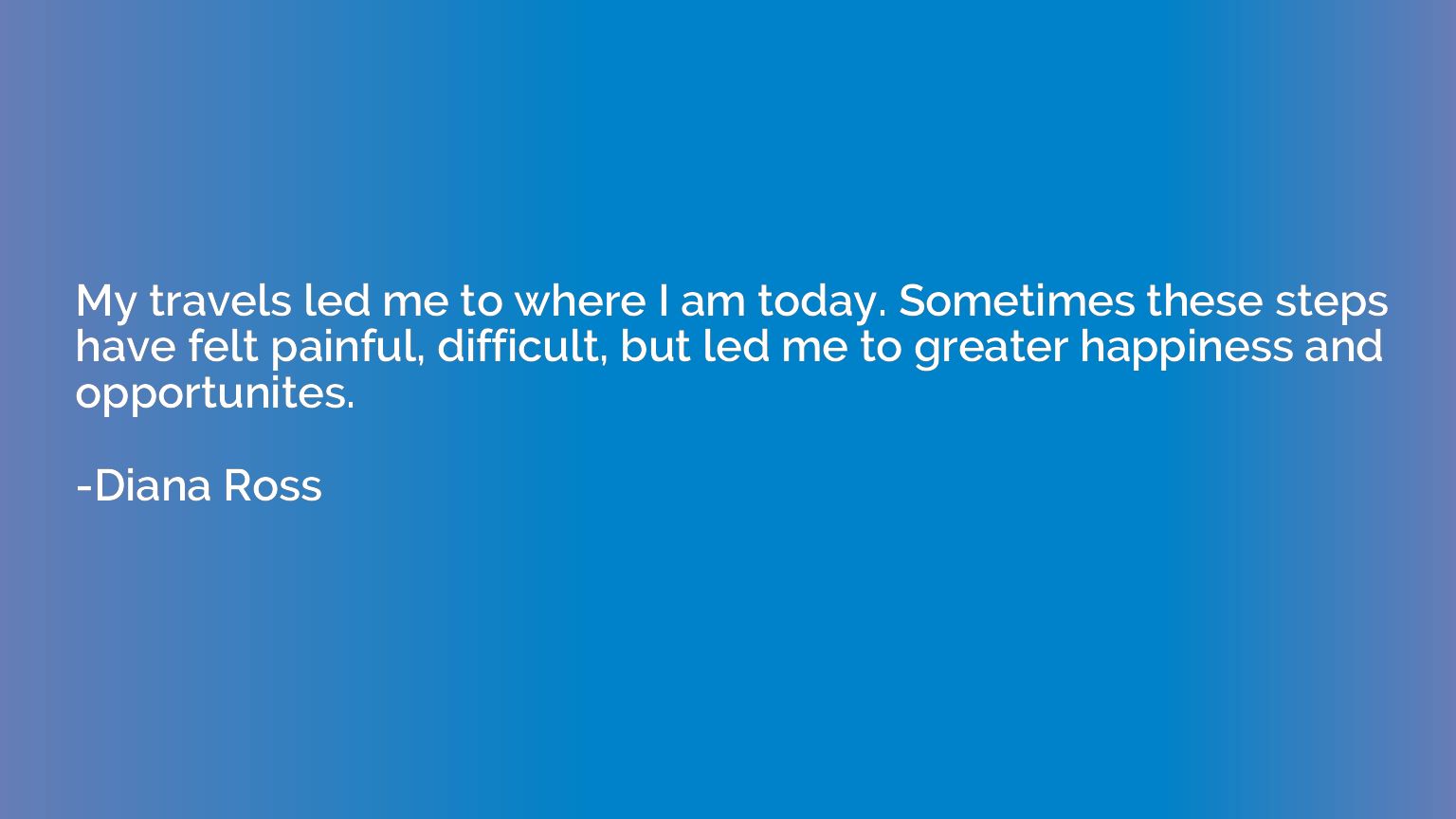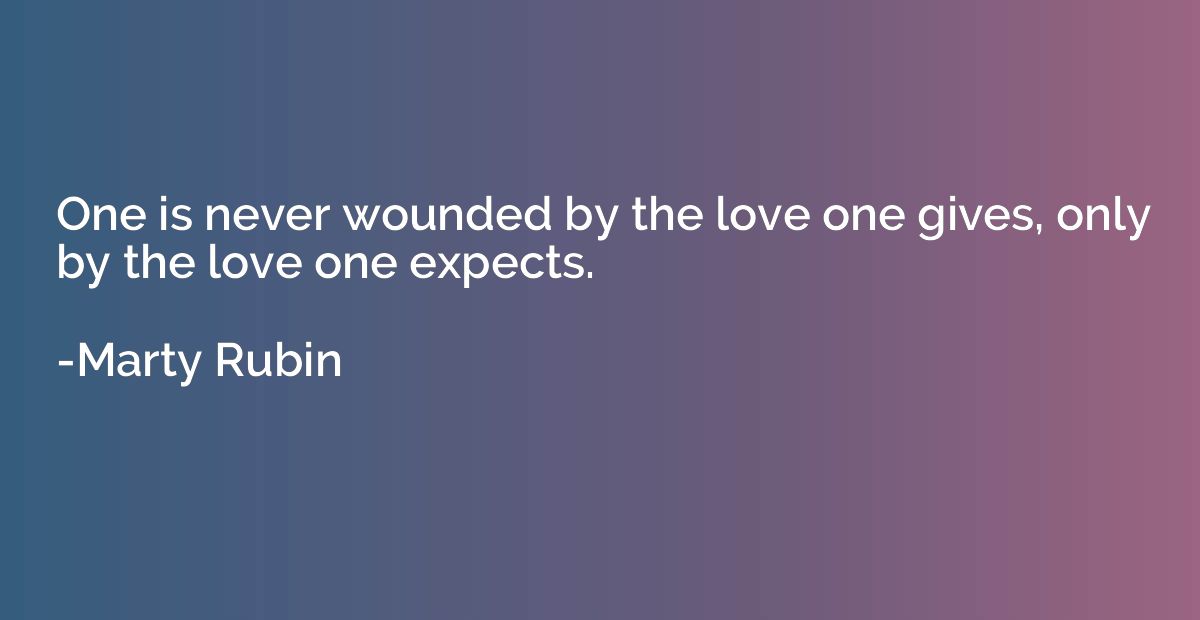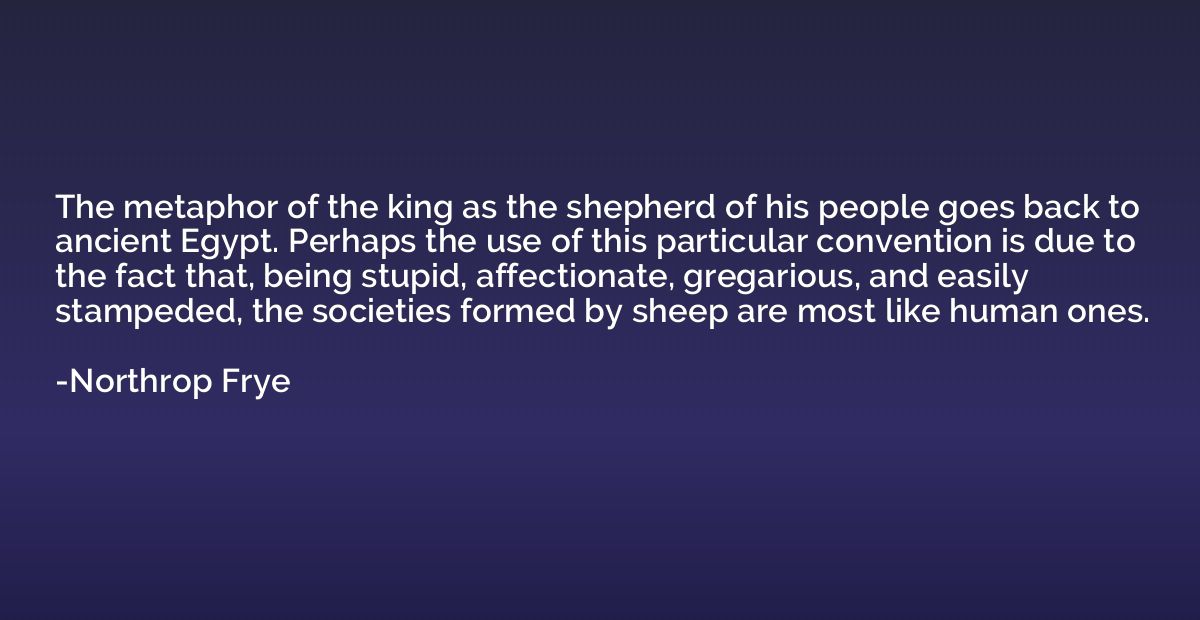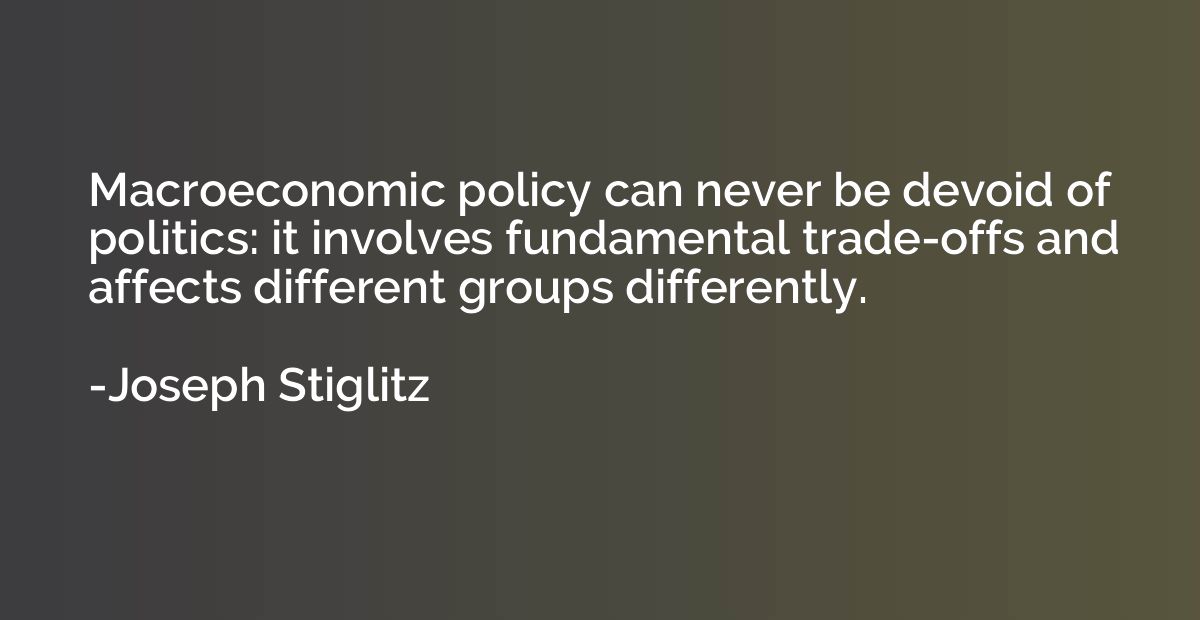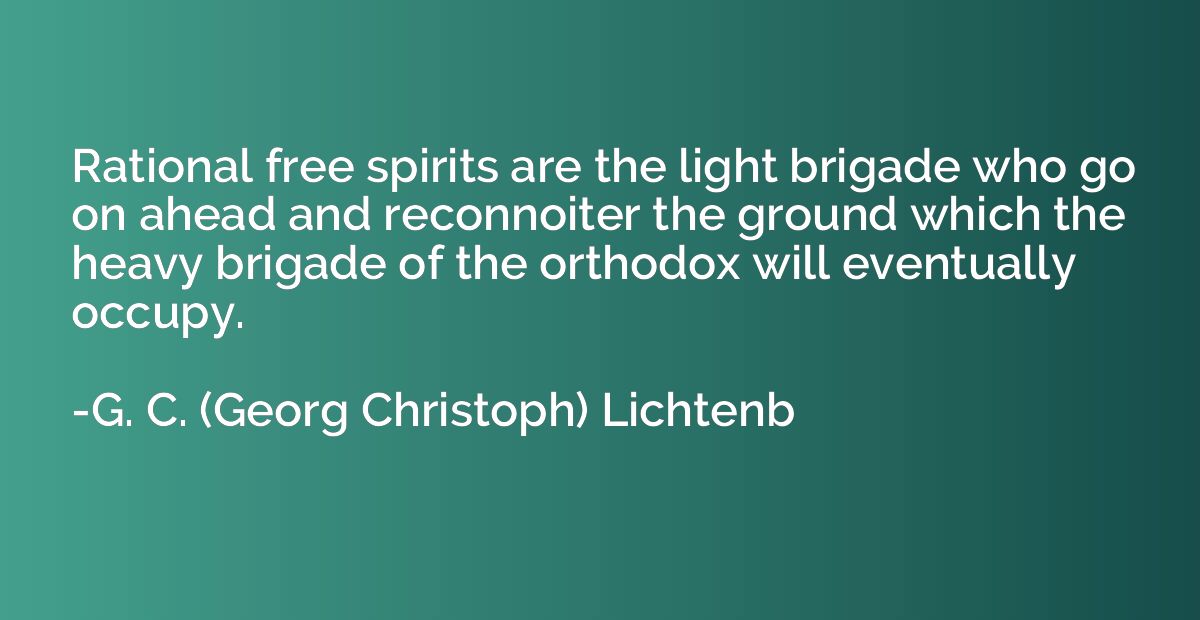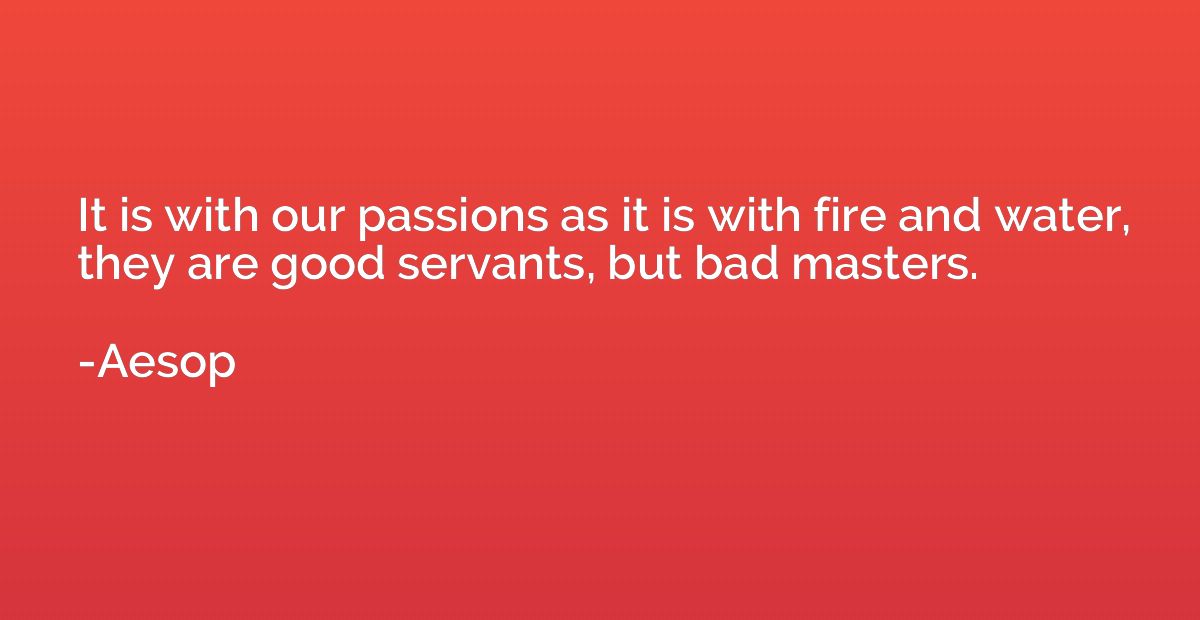Quote by John Steinbeck
How can we live without our lives? How will we know its us without our past?
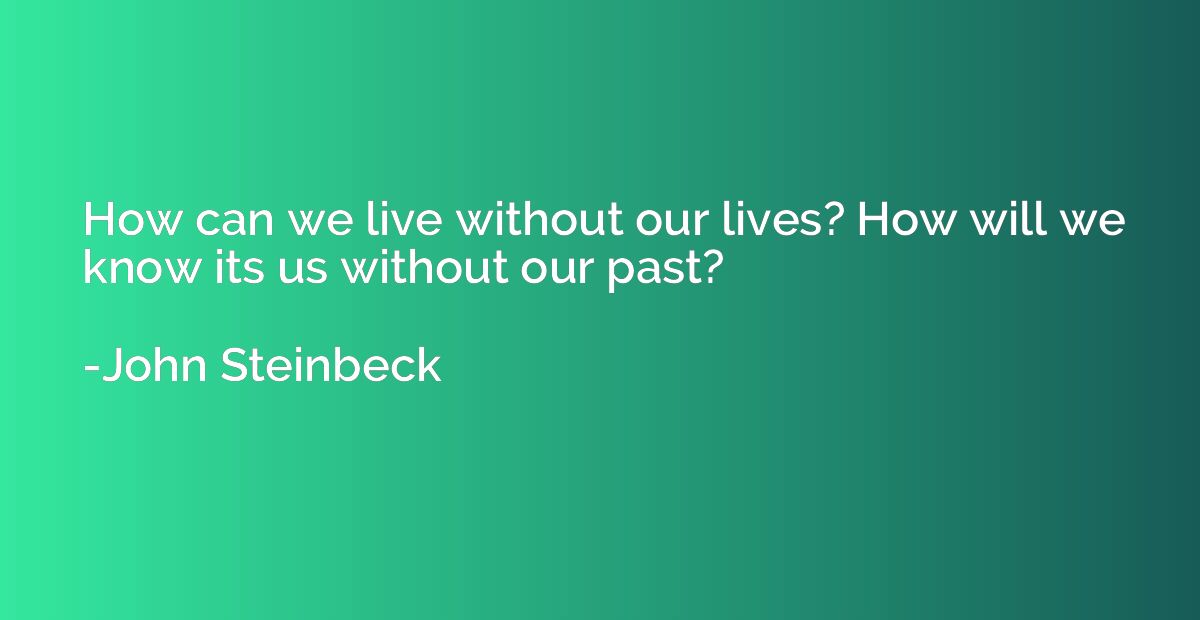
Summary
This quote reflects on the significance of our experiences and memories in shaping our identity and sense of self. It questions the concept of existence without these fundamental elements, suggesting that our lives are formed through the lens of our past. Without our memories and personal histories, it becomes difficult to differentiate our individuality from that of others and maintain a coherent understanding of who we are. Our past helps shape our present realities, providing a crucial framework for our continued existence.



